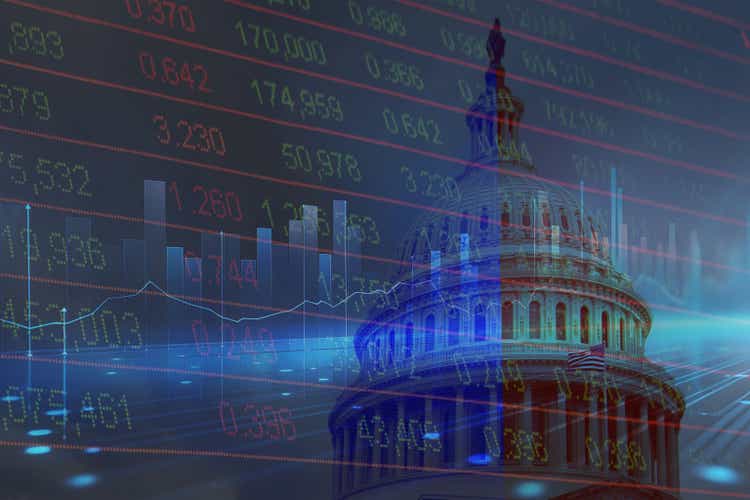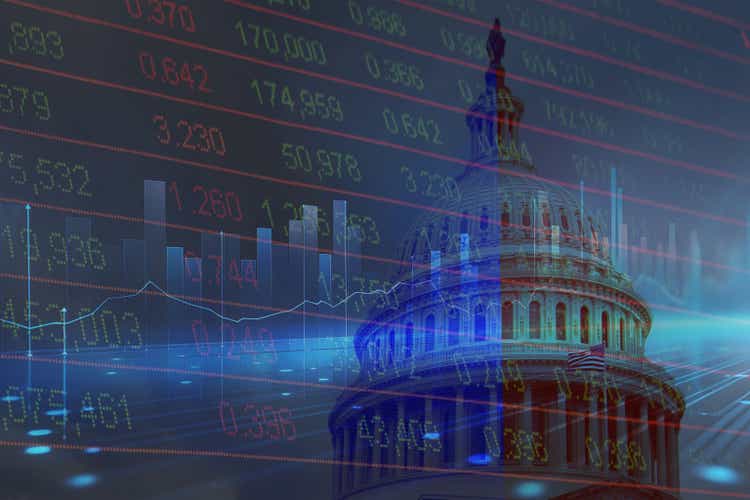
Douglas Rissing/iStock via Getty Images
Prediction markets are in the spotlight after the most well-known platforms saw a much higher degree of success in predicting outcomes in 2024 than in prior elections.
Polymarket, founded in 2020 by Shayne Coplan, is a decentralized prediction market platform that allows users to trade on the outcomes of real-world events. It quickly gained traction due to its innovative approach, combining blockchain technology with predictive markets. For the 2024 election, the Polymarket consensus was very accurate in calling the election on a state-by-state basis.
Meanwhile, PredictIt is an online prediction market that offers exchanges on political and financial events. Launched on November 3, 2014, it is owned and operated by Victoria University of Wellington, New Zealand, with support from Aristotle, Inc. The platform allows U.S. citizens to bet on various outcomes, with a cap of 5,000 traders per question and an $850 investment limit per individual per question.
Following the surge in popularity, DraftKings (NASDAQ:DKNG) now has its eyes on predictions markets and is looking at how it could be a major player. DraftKings (NASDAQ:DKNG) CEO Jason Robins addressed the topic on the Boston-based company’s earnings conference call last Friday.
“Yeah. I think it’s a very interesting thing. The market within that that’s dominant is election markets, of course, and particularly during presidential elections. So I know there’s a lot of attention on it over the last few weeks. And I do think there could be a place for it outside of elections, but that’s really where the interest seems to be now from a demand — customer demand side. So definitely something we’re looking at in advance of the next presidential election, and potentially there will be an opportunity to look at something sooner. It is a different framework.”
“It’s not licensed as a betting product, it’s licensed as a financial market. So it’s definitely a very different thing. So we’ll have to see where it fits in the priority list. But it is something we’ll plan on looking at ahead of the next election, for sure.”
Polymarket brought in over $3.6 billion in bets on the presidential election, with $1.5 billion wagered on Donald Trump and $1 billion on Vice President Kamala Harris. The day before the election, Donald Trump was a 58% favorite to win and then zoomed higher as early results came in.
“Financial markets are generally pretty efficient, and the evidence suggests that the same is true of prediction markets,” highlighted Eric Zitzewitz, an economics professor at Dartmouth. “There’s no virtue-signaling in an anonymous market when you’re betting,” he added.
